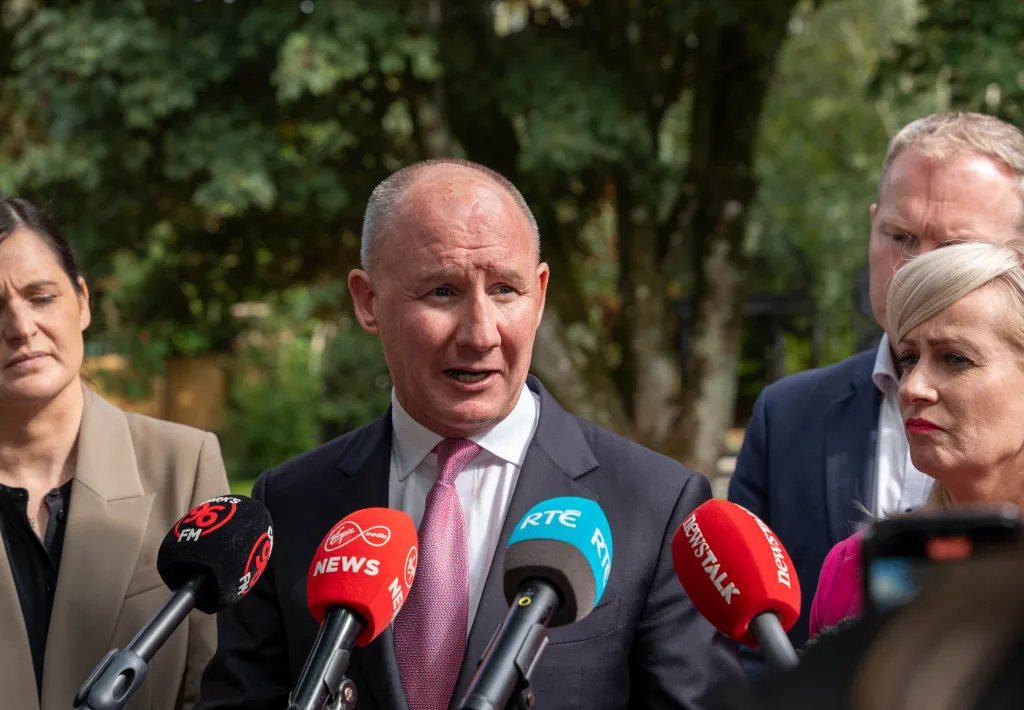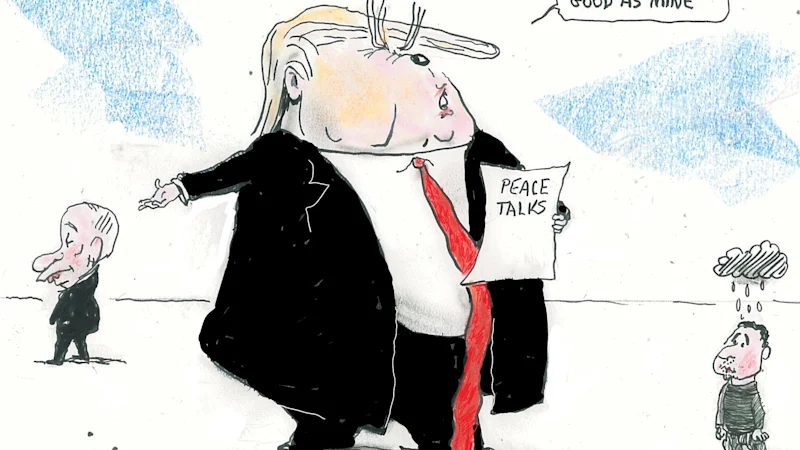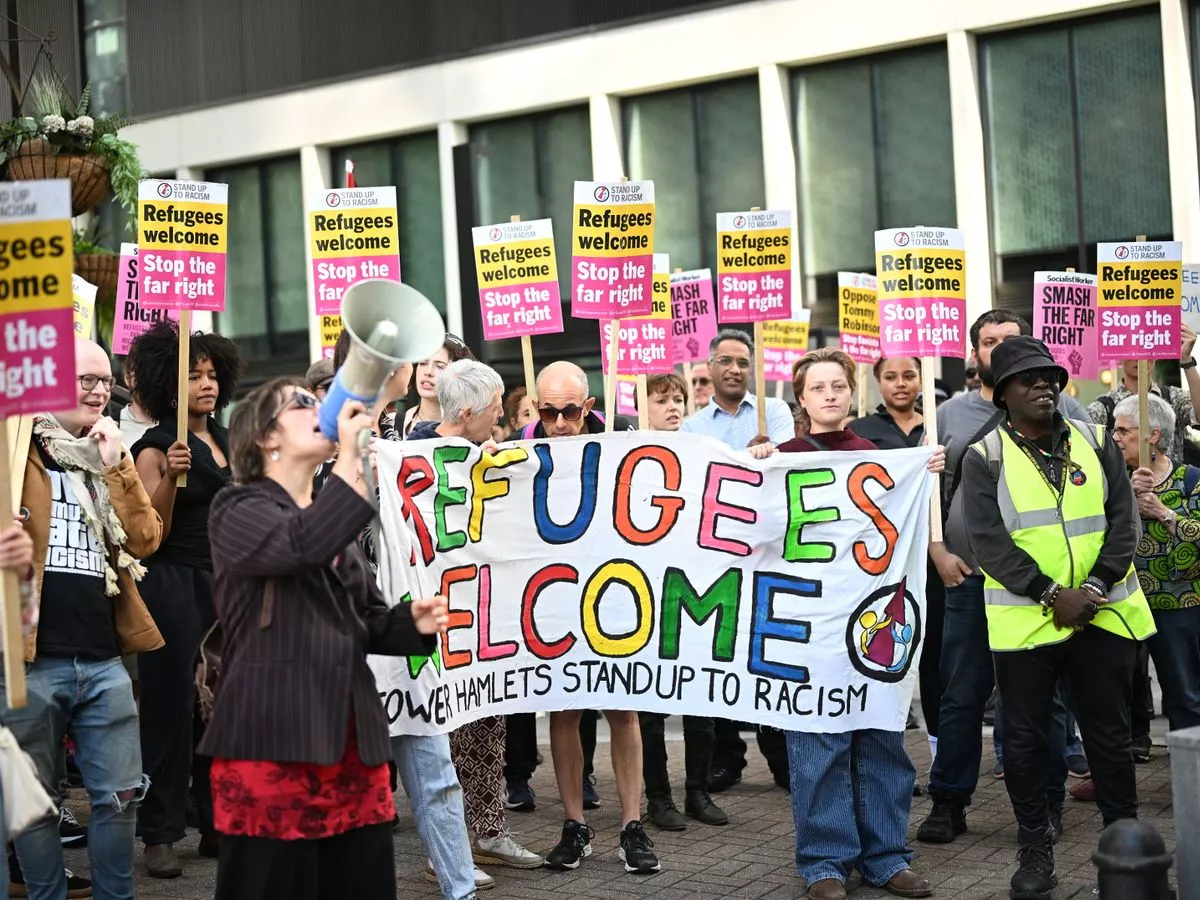
If Irish presidential candidate Jim Gavin snags the country’s top office in next month’s national election, it could pave the way for citizens to vote in future presidential elections regardless of where they live.
“In recognition of the president’s unique role representing the Irish people, I believe this right should be extended beyond the borders of the State,” the Fianna Fáil party candidate told The Irish Post during a campaign stop.
Gavin also promised to serve just one seven-year term and build an inclusive, transparent government. Before switching to politics, Gavin spent 20 years in the Irish Air Corps as a pilot and senior officer, after which he managed Dublin County’s Gaelic football team to unprecedented success from 2012 to 2019. Currently Gavin is the government’s top aviation safety executive.
Fianna Fáil, headed by Prime Minister Micheál Martin, is the Irish Parliament’s largest party. Gavin is one of several candidates from across the political spectrum who will face off on Oct. 24. At least 125 countries and territories provide some sort of voting access to its expat citizens, according to Emma de Souza, a spokesperson for the diaspora-voting-advocacy group Voting Rights.
Ireland is one of the few countries, especially in the European Union, that restricts voting solely to residents, with minimal exceptions. According to the Pew Charitable Trusts, 88 countries as of 2020 allowed expats to help choose a president, and 124 allowed external voting for legislative elections. In the European Union, 23 out of 27 countries extend voting rights for Parliamentary elections.
Changing the voting regulations requires a constitutional referendum, and the issue has been batted back and forth throughout numerous election cycles. Presidential candidates have dangled the notion, only to renege. A referendum drafted in 2017 never made it to the ballot.
The call was renewed this year when a new government formed in January. Those against the move have been accused of keeping a lid on worldwide voting out of fear for political repercussions, but proponents tout numerous potential benefits.



